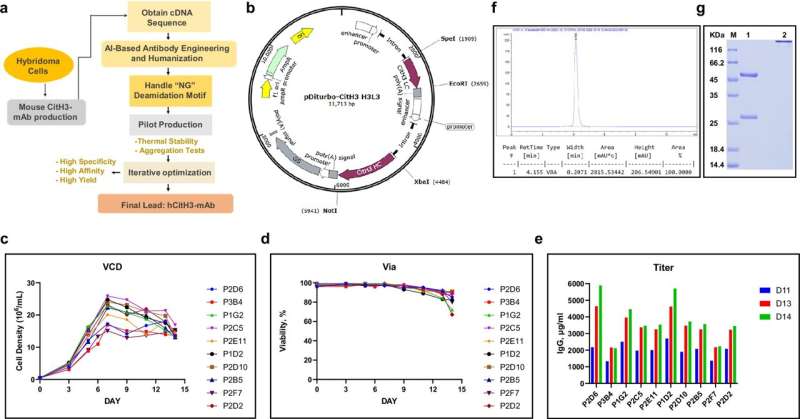In initial testing in lab mice, the antibody proved versatile and showed “transformative potential for combating life-threatening inflammatory diseases,” the researchers report in a new scientific paper. Potential applications could include deadly acute respiratory distress syndrome (ARDS), which rose to public attention during the COVID-19 pandemic, as well as ischemia-reperfusion injury, which is tissue damage caused when blood flow is cut off and restored. (Ischemia-reperfusion injury is a major problem for organ transplantation.)
The researchers say their work has also shed light on the molecular causes of sepsis and has the potential to produce an important tool for diagnosing the condition and monitoring patients.

